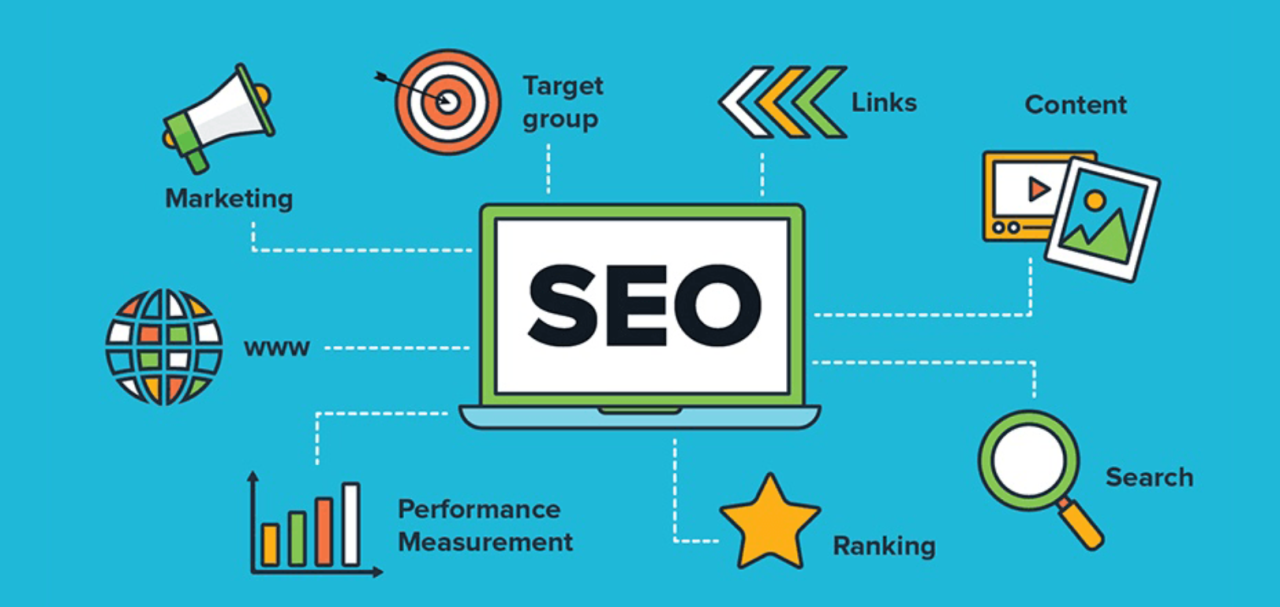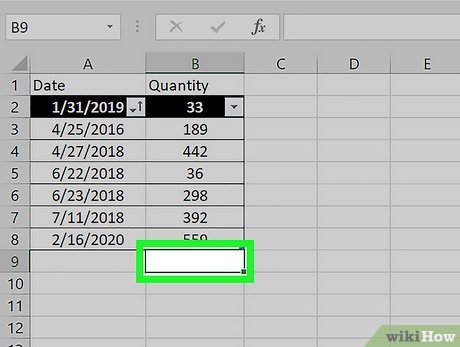Beginner’s Guide to SEO (Search Engine Optimization)

Search Engine Optimization (SEO) is the process of improving your website so it ranks higher on search engines like Google, Bing, or Yahoo. The higher your site appears, the more people will find and visit it.
If you are just starting out, here are the basics you need to know:
1. What is SEO?
SEO helps your website become visible on search engines without paying for ads. For example, if you have a blog about student admissions, SEO makes it possible for people to find your posts when they search for phrases like “How to apply to universities abroad.”
2. Types of SEO
•On-Page SEO → Optimizing content on your site (keywords, titles, headings).
•Off-Page SEO → Building backlinks (getting other websites to link to you).
•Technical SEO → Improving site speed, mobile-friendliness, and security.
3. Keyword Research
Keywords are the words people type into search engines.
•Use free tools like Google Keyword Planner, Ubersuggest, or AnswerThePublic.
•Example: If you’re writing about scholarships, use keywords like “scholarships for African students 2025.”
4. On-Page SEO Tips
•Use your keyword in the title, first paragraph, and headings (H1, H2).
•Write clear meta descriptions (the short text under your site link on Google).
•Add internal links (linking to other posts on your site).
•Use alt text on images so search engines understand them.
5. Technical SEO Basics
•Make sure your site loads fast (you can test with Google PageSpeed Insights).
•Use mobile-friendly themes.
•Secure your site with HTTPS (SSL certificate).
6. Off-Page SEO (Backlinks)
•Write guest posts for other websites.
•Share your content on social media.
•Get listed in directories related to your niche.
7. Content is King
Google rewards useful, well-written, original content.
•Write posts that answer real questions students/visitors may have.
•Use simple language and structure.
•Update your old posts regularly.
8. Track Your Progress
•Use Google Analytics to see how people find and use your site.
•Use Google Search Console to check which keywords you rank for.
Quick SEO Checklist for Beginners
•Do keyword research before writing.
•Write clear titles and meta descriptions.
•Use internal and external links.
•Make your site fast & mobile-friendly.
•Create high-quality, original content.
•Build backlinks from trusted sites.





